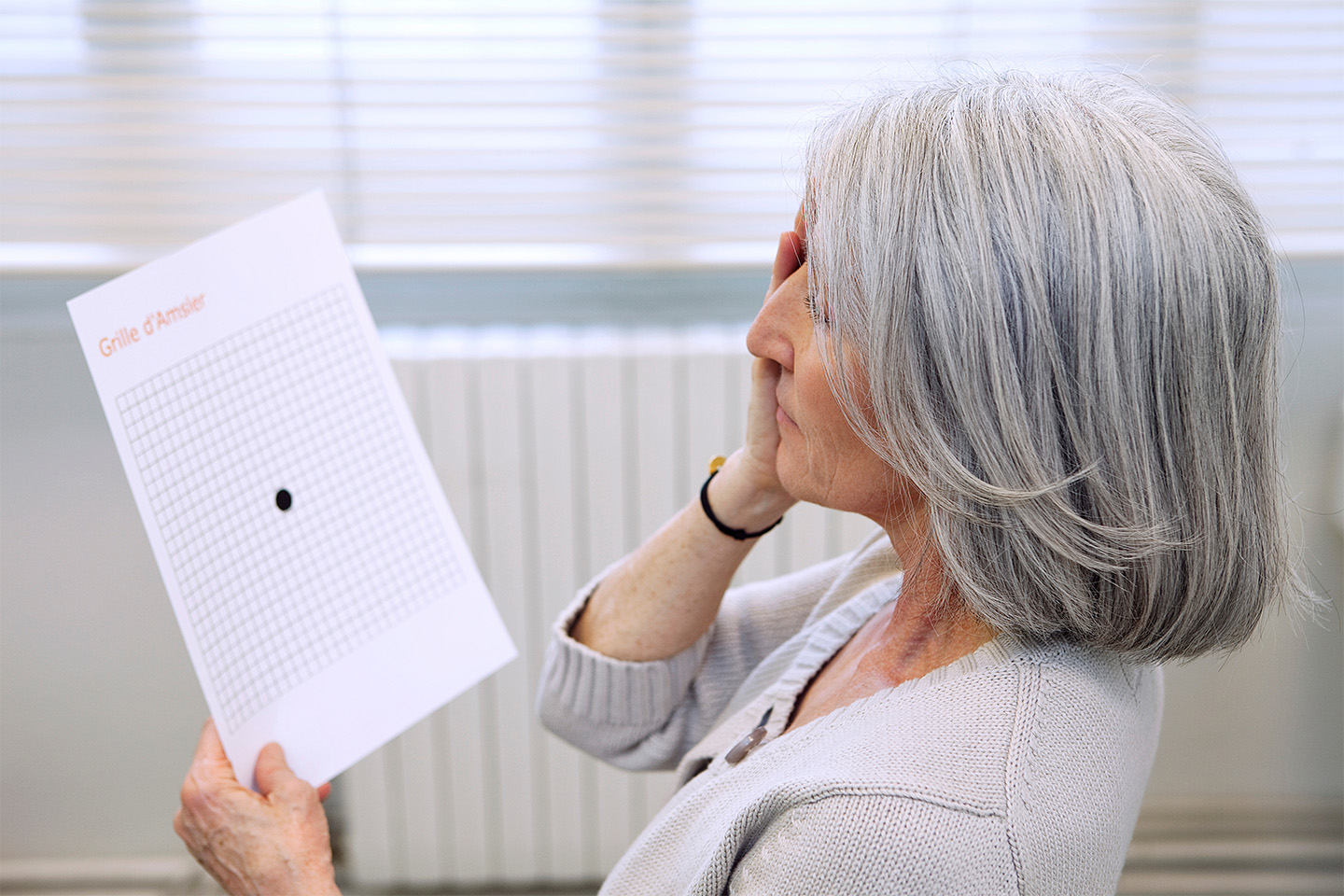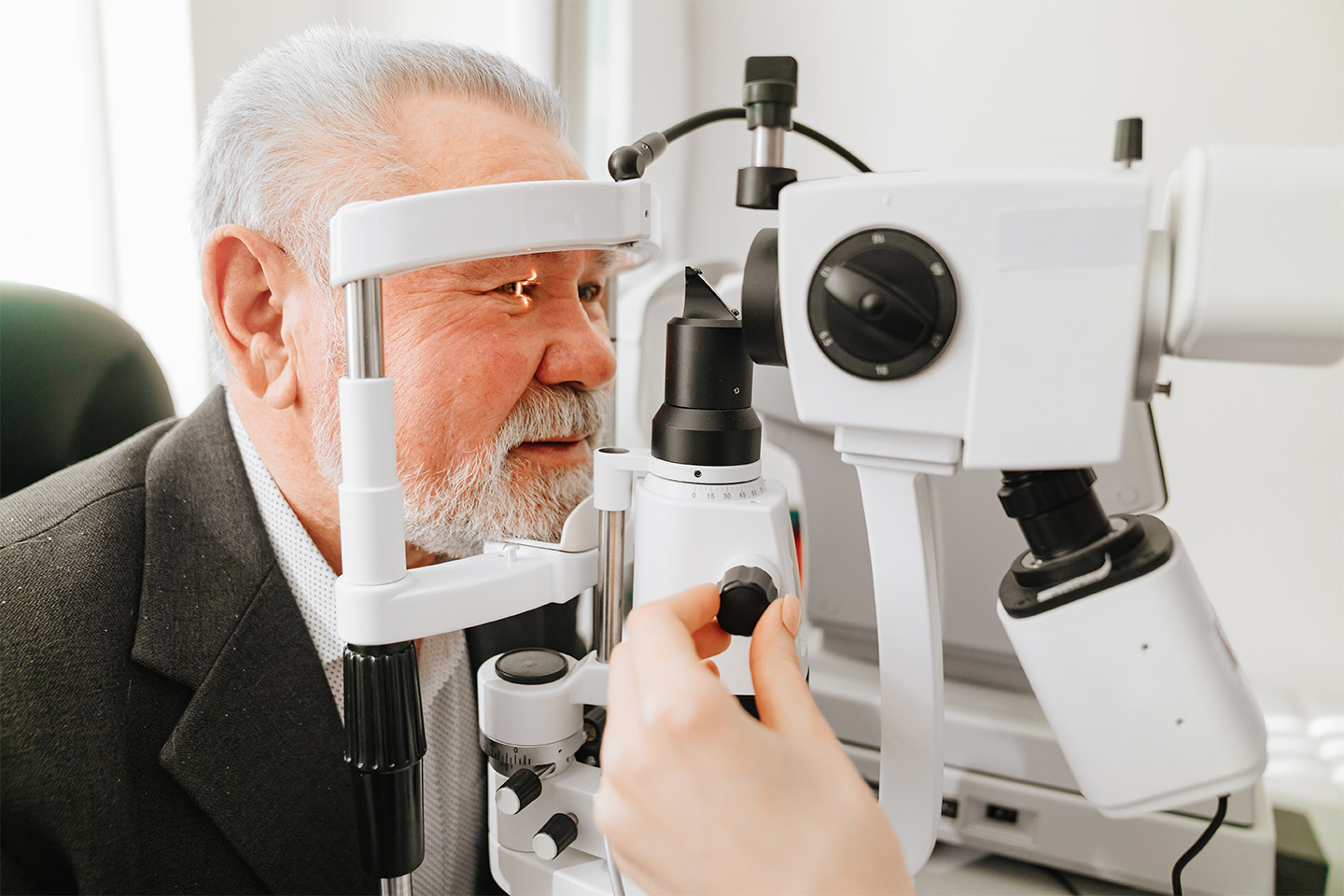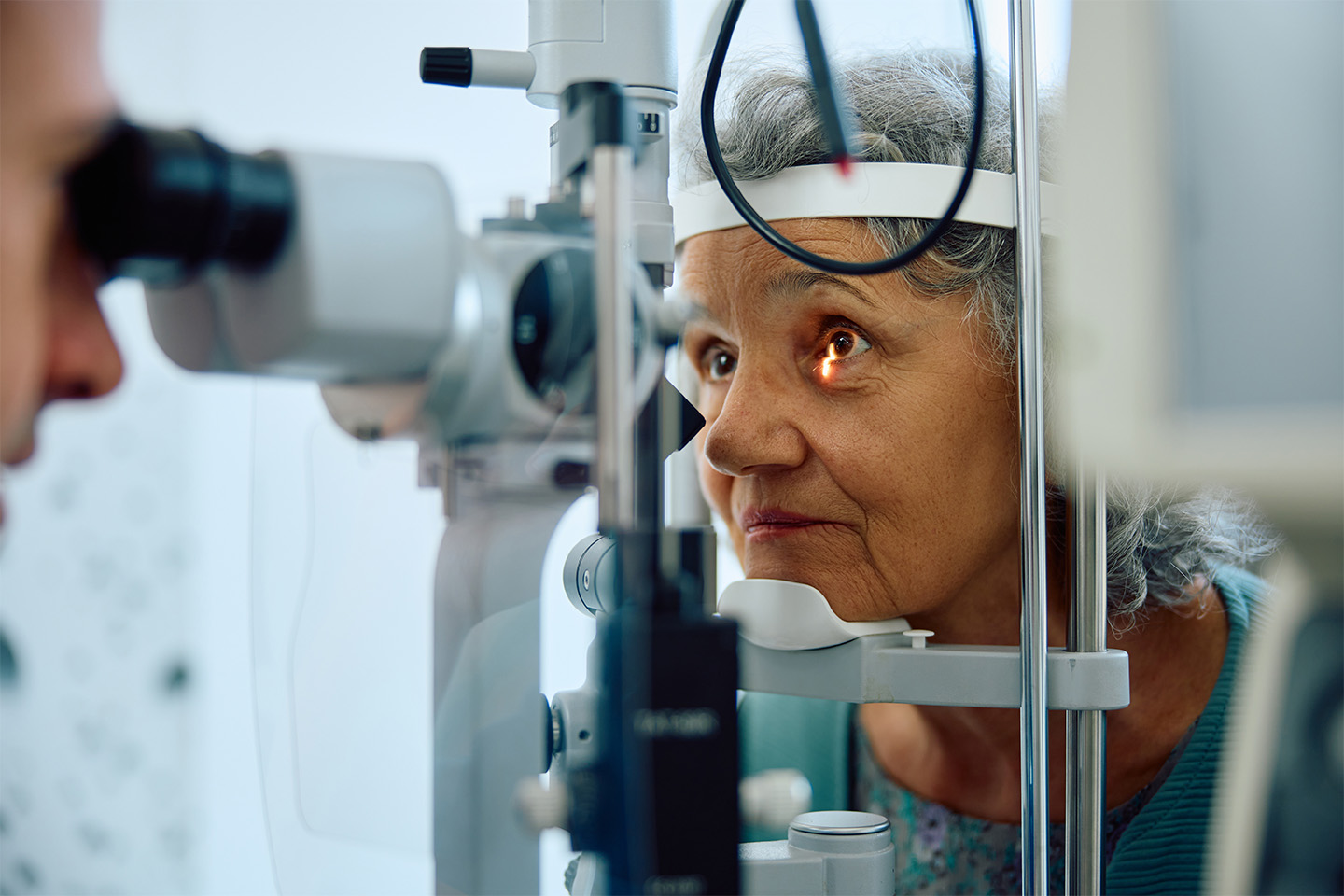How Winter Weather Affects Your Eyes

If you love the holidays, you may look forward to winter despite the cold weather that comes along with it. However, the wind and cold can dry out your eyes and affect your vision. In most cases, this is a temporary issue. In other cases, it may signal an underlying symptom that requires the attention of your eye doctor.
Swagel Wootton Eye Institute is best known for cataract and LASIK surgery in Mesa and Chandler. However, our eye doctors in the greater Phoenix area provide comprehensive eye care. So, if you have a concern about how the winter weather is affecting your vision, don’t hesitate to make an appointment with our office.
In the meantime, here are some common eye conditions aggravated by dry, cold winter weather. Pay close attention to the tips on how to counteract some of these conditions.
Dry Eyes
If you love the brisk outdoor temperatures that go along with winter, you may still not appreciate the effect the wind and cold have on your poor eyes. Not only that, but you also get hit by cold outdoor air and then dry heated indoor air that pulls even more moisture from your dehydrated eyes. You quickly notice chapped lips, dry skin and other signs that it’s time to rehydrate your body. But many people neglect to take special care of their dry eyes.
So, to minimize the effect of winter weather or indoor heat on your eyes, run a humidifier at home and carry artificial tears to help rehydrate your eyes a few times a day. Of course, speak with your eye doctor prior to using any over-the-counter or prescription medications that could impact your vision. And drink lots of water!
Excessive Tear Production
Some people have dry eyes while others experience excessive tearing. This often comes with a runny nose. If this describes your winter woes, you aren’t alone. Try to pay attention to determine whether the wind, cold or other factors influence your tear production. You may have seasonal allergies or another condition. The more information you can give our eye doctors in Mesa and Chandler, the better they will be able to help you.
Try wearing sunglasses or goggles to keep your eyes from drying when you step outdoors. If you begin to tear up more when you go inside, you may need allergy medication or eye drops to alleviate the condition.
Light Sensitivity
When you look up at a gray, gloomy winter sky, it may feel drab and dreary. However, snowfall and ice reflect more sunlight than you may know. For those with sensitive eyes, you may find yourself blinking and uncomfortable in bright sunlight.
If you have light sensitivity in the wintertime, you could develop snow blindness or other conditions related to light reflected off ice and snow. Protect your eyes with sunglasses or filtered goggles when shoveling snow or spending time outdoors. This may help alleviate the discomfort of light sensitivity.
Sunburn? On My Eyes?
Yes, this is a real thing. If you expose your eyes to too much light, you could experience eye sunburn as well as snow blindness. Increased light sensitivity may indicate that you have UV damage, and you may also experience pain or itchiness.
If you participate in winter sports such as sledding or skiing, you are at high altitudes, making you more vulnerable to an eye sunburn. With the right treatment, you may fully recover your vision. However, the long-term effects include a possible correlation with vision loss or age-related macular degeneration. Feel free to bring your questions with you when you come for an eye exam or consultation.
If you have cataracts or other conditions and feel that the harsh conditions of winter are affecting your vision, it may be time to schedule a cataract surgery consultation or other application procedure.
Vision Correction Surgery and Eye Treatment
The cold temperatures of winter can also impact your eyes. For example, low temperatures can cause tiny blood vessels in your eye to constrict. This can cause double vision and blurriness. This condition is far more likely when temperatures fall below freezing or you stay outside for an extended time.
You can avoid exposure to cold weather by moving to a warm area. If your vision change continues, make an appointment with one of our doctors in Chandler and Mesa. Your eye doctor will examine the back of your eye to determine whether you have damage to the sensitive blood vessels there.
Contact Swagel Wootton Eye Institute today to make an appointment for a consultation or eye exam. And protect your eyes throughout the cold, dry, harsh winter days!









